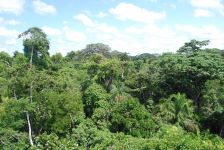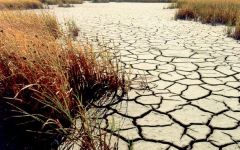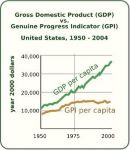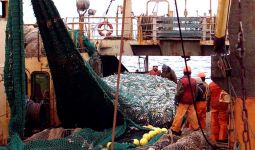Facing Future Blog
We welcome you to submit blog posts on any of the stressors covered in this website, or other stressors not covered here. Topics can include ocean and air pollution, toxic chemicals and processes, the dominance of ‘profit’ over ‘people’ and all of life on Earth, soil degradation and destructive farming and forestry practices, threats to the biodiversity of a no longer healthy ecosphere, population, how we feed ourselves, industrial and personal carbon footprints, and the many components and impacts of climate change. Don’t forget the topics of political advocacy, and grassroots organizing that are central to Facing Future.
Articles should be brief and to the point, ranging from 250 to 1000 words. Please include a selection of images you feel are appropriate, gleaned from the Internet in image searches, including images JPEGs, GIFs, and PNGs. Submit in any of the following formats: PDF, Word, Google Docs, HTML, or Text.
All articles will be reviewed prior to posting. Any edits will be shared with you before posting in our blog.
Articles may be emailed to contact@facingfuture.earth . Don’t forget to upload your selected images. We will confirm receipt as soon as possible.
Listing of Blog Posts










